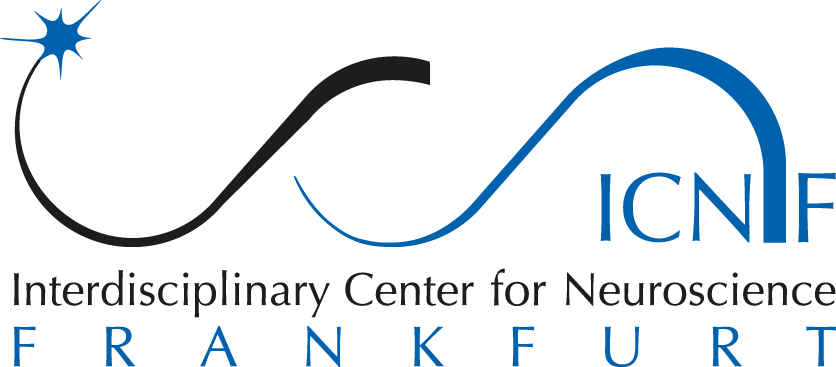
Prof. Dr. Fredrik Ullén
Department of Cognitive Neuropsychology
Max Planck Institute for Empirical Aesthetics
Grüneburgweg 14
60322 Frankfurt am Main
Germany
+49 (0)69 8300479-401
E-Mail: fredrik.ullen@ae.mpg.de
Scientific Focus
An overall goal of my research team is to increase our understanding of the neural mechanisms that underpin human expertise, skill learning and creativity. In most of this work, we use music as a model domain. This choice is, first and foremost, motivated by an interest in music itself and its biological foundations. Music is one of the major art forms, and is present in some form in all known human cultures. The neuropsychology of music has in recent decades grown to become one of the most dynamic subfields within the cognitive sciences.
Apart from its intrinsic interest, however, music has also proved very useful as a tool, or window, through which we can study questions of broad relevance for cognitive neuropsychology. Engaging in music – whether as performers, listeners or creators – requires a stunningly complex interaction between numerous brain systems, which are involved in functions ranging from multisensory perception and motor coordination, to emotional processing and social interaction. Acquiring new musical skills, in turn, places extraordinary demands on neural plasticity, and the brain networks involved in learning and memory. Studying musicians and musical tasks can therefore provide important new knowledge not only about the musical brain as such, but also about fundamental principles for the neural control of behavior in general.
Finally, investigating musical engagement, its causes and consequences, is relevant from an applied perspective. Participating in musical activities, alone or together with others, may have effects on other things than our musical competence. In that context, we are particularly interested associations between cultural engagement, psychological wellbeing and health, and their underlying mechanisms, as well as in the phenomenon of transfer, i.e. the potential beneficial side-effects of musical training on non-musical skills and competences.
Methods
Structural and functional MRI, behavior genetic analyses, experimental and differential psychology, psychophysics
Selected Publications
Wesseldijk LW, Mosing MA and Ullén F (2021). Why is an early start of training related to musical skills in adulthood? A genetically informative study. Psychological Science. 32(1): 3-13.
de Manzano Ö, Kuckelkorn K, Ström K, and Ullén F (2020). Action-perception coupling and near transfer: Listening to melodies after piano practice triggers sequence-specific representations in the auditory-motor network. Cerebral Cortex 30(10):5193-5203.
de Manzano Ö and Ullén F (2018). Same genes, different brains: Neuroanatomical differences between monozygotic twins discordant for musical training. Cerebral Cortex 28(1): 387-394.
Pinho AL, Ullén F, Castelo-Branco M, Fransson P, and de Manzano Ö (2016). Addressing a paradox: Dual strategies for creative performance in introspective and extrospective networks. Cerebral Cortex 26(7): 3052-3063.
Bengtsson SL, Nagy Z, Skare S, Forsman L, Forssberg H, and Ullén F. (2005) Extensive piano practicing has regionally specific effects on white matter development. Nature Neuroscience 8, 1148-1150.
